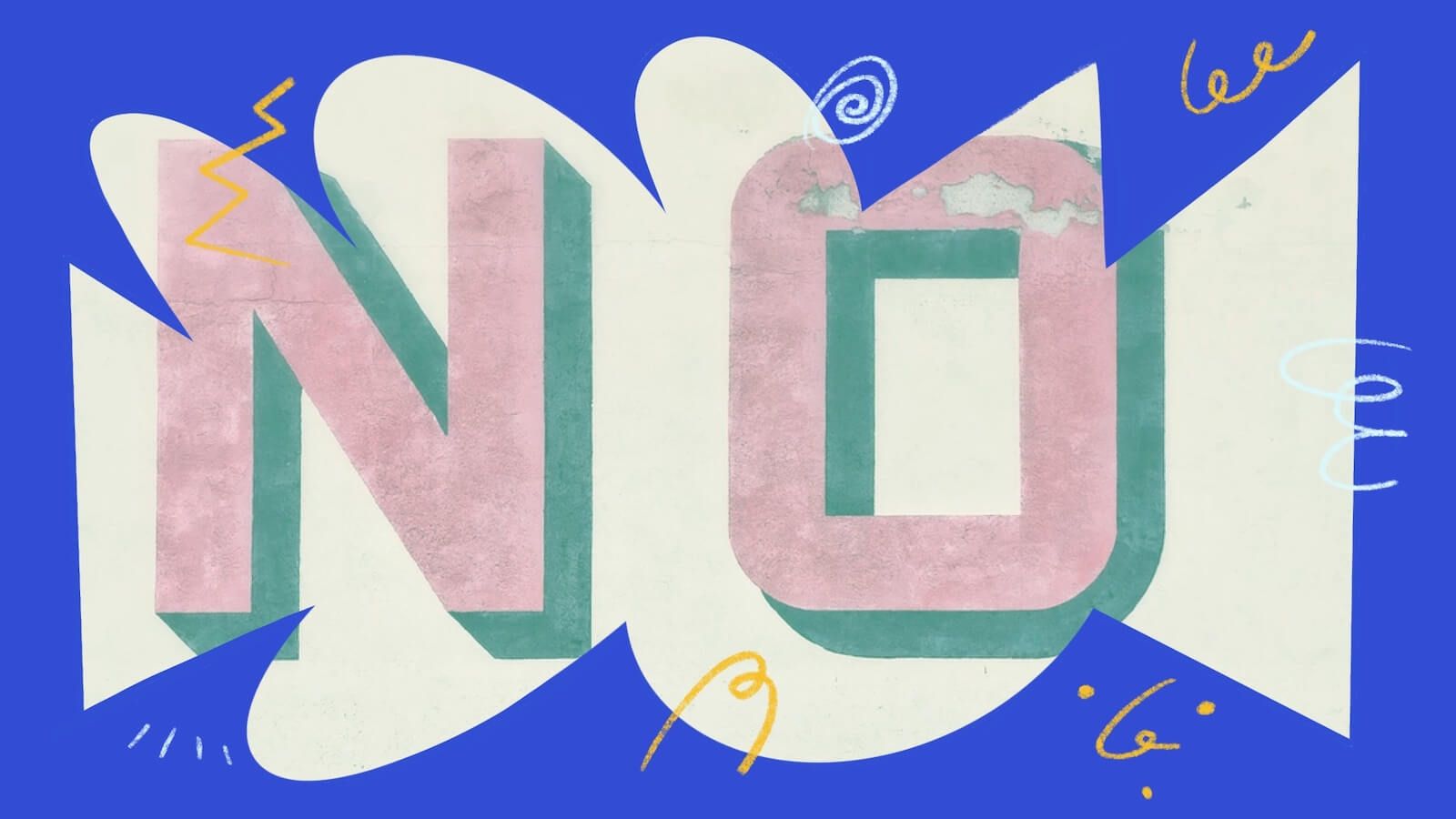Why we're not building yet another OKR tool
Sometimes, you have to anchor yourself on an existing conversation to tackle a deeper problem. That's exactly what's happening to us with OKRs.

Sometimes, you have to anchor yourself on an existing conversation to tackle a deeper problem. That's exactly what's happening to us with OKRs.
While we support OKRs with Tability, we don't want it to be yet another OKR platform.
Wait, are you saying OKRs are bad?
No, I truly think OKRs are helpful. They're a great way for teams to sync their efforts and make sure they're going in the same direction. But most teams should not start there. And some organizations won't ever need that particular framework.
Adopting OKRs without prior goal-setting experience is like jumping into Scrum without having done any form of project management.
Imagine a team that mostly worked by shipping features as they went, without any formal planning. Now imagine telling them about sprints, velocity, story points, grooming, standups and retros all at once. They'll end up overwhelmed, and you should instead introduce these concepts gradually. It can also very well be that Kanban would be a better fit.
Rather than talking about Scrum, it's best to talk about agile principles. And in our case, rather than pushing OKRs straight away, we want to provide outcome-driven capabilities first.
There are multiple journeys to support
We have designed a 4-stage maturity model for teams. In stage 1, you mostly care about outputs. And in stage 4, you're fully outcome-driven with rapid feedback loops.

Organizations are complex, and it's not rare to have different teams at different stages of that journey. A squad working on a new product is very likely to be at stage 1 — they're still figuring things out, and it's hard to have clear goals. But a group that has been working for years on a legacy service has more chances of being at stage 3 or stage 4 — they have the experience and trust required to drive the roadmap by outcomes.
We wanted to support these different paths. To do that, we had to find the right balance between simplicity and flexibility.
Planning vs Execution
Rather than focusing on a specific goal-setting framework, we decided to step back and look at a bigger problem:
Teams spend weeks or months planning their strategy, but no one can remember what the North Star is.
Worse, the market is continuously evolving, and the goals you started with might not be relevant anymore. But there's no way for you to see that if you're only checking things once a quarter.
Companies are great at planning but struggle with execution, and our job is to solve that.
Accountability and agility is where it's at
Tability is built around 3 core principles:
1. Execution rather than planning
Tability is built for feedback. Spend less time clicking around setting things up, and more time having real conversations about your business.
2. Self-serve
Outcome-driven teams need to be autonomous. Everybody can go in and start using Tability — the platform is open and transparent.
3. Flexible
Some teams will want to use OKRs. Some teams will track simple KPIs. Some teams will monitor projects. Tability can help them all, and makes it easy to switch from one approach to another.
It's not about OKRs, but about helping teams keep in mind what's most important to them. It's about keeping your team focused and accountable. If you have another 2 minutes, the video below sums this up perfectly.
Want to give it a try?
Alright! Thanks for making it this far. If you want to see how Tability is different, you can get started for free at https://tability.io.
I'm also always happy to chat about goal-setting — you can find me on Twitter @stenpittet, or email me at sten@tability.io.

